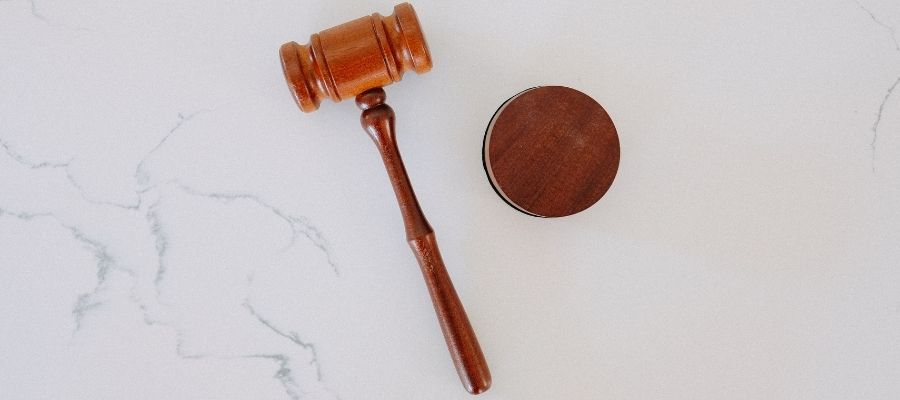Why have ethics? Why has our field decided that you need to sit here and study about ethics? Why weren’t the requirements here last year? What has changed if anything?
In 2002, the United States ranked #20 in most ethical countries. Behind countries like Denmark, New Zealand, and Finland. This was out of 163. On this information, people doing business with and in the United States generally feel that they are getting a fair deal. But the fact of the matter is that the United States ranked 14th in 2000, before the wave of corporate scandals made the business pages.
When I think of ethics or a profession, I immediately think about lawyers. Let’s take a look at some examples from the field of lawyers:
- A study of California lawyers bar association stated that they were sick of the decline in honor in their work and were “profoundly pessimistic.” Two-thirds said that lawyers “compromise their professionalism as a result of economic pressure.”
- A study by the Maryland Judicial Task Force had similar findings. Lawyers felt their profession had degenerated so badly that “they were often irritable, short-tempered, argumentative, and verbally abusive.“
- Lawyers in Virginia were asked whether the increasing problems in professionalism were attributable to “a few bad apples” or to a widespread trend. They overwhelmingly said this was a widespread issue.
- Lawyers in Florida reported that a “substantial minority [were] money grabbing, too clever, tricky, sneaky, and not trustworthy.”
At present, several state bars and professional organizations are scrambling to shore up their professional ethics. Some are increasing courses in college and graduate schools, and others are requiring brush-up ethics classes.
So what can we do? We want to be ethical but how can we change the downward trend?



